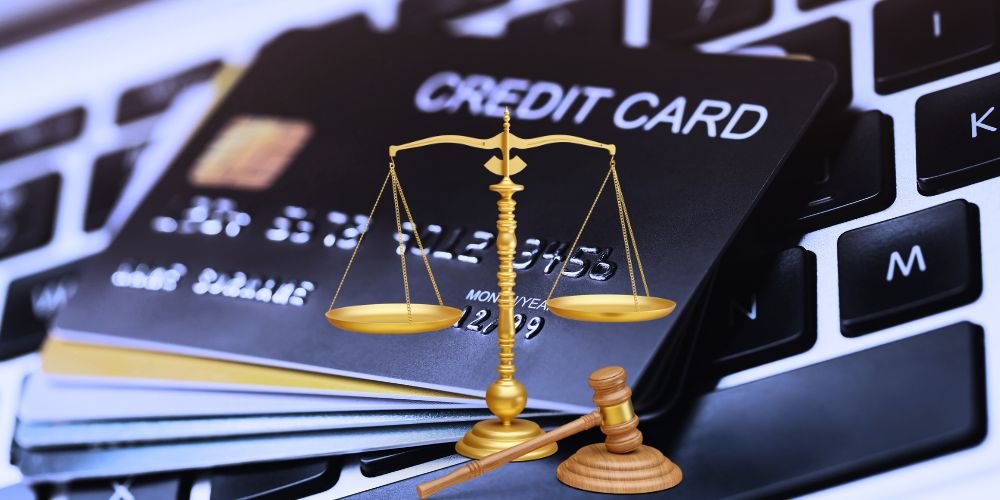Key Points:
- Federal Judge Mark Pittman halted the CFPB’s new rule, which caps credit card late fees at $8, siding with business and banking groups.
- Pittman cites a 2022 ruling by the 5th U.S. Circuit Court of Appeals, finding the CFPB’s funding structure unconstitutional, as grounds for the injunction.
- The ruling is viewed as a win for businesses and a setback for the Biden administration’s efforts to curb what they term “junk fees.”
- Legal action by business and banking groups led to jurisdictional debates, culminating in Pittman’s decision to issue a preliminary injunction.
A federal judge in Texas, Mark Pittman, issued a preliminary injunction on Friday, halting the implementation of the Consumer Financial Protection Bureau’s (CFPB) new rule capping credit card late fees at $8. The ruling marks a victory for business and banking groups challenging part of the Biden administration’s efforts to crack down on what they term “junk fees.”
Pittman’s decision, sought by groups like the U.S. Chamber of Commerce and the American Bankers Association, cited a 2022 New Orleans-based 5th U.S. Circuit Court of Appeals ruling. This ruling found the CFPB’s funding structure unconstitutional, leading Pittman to conclude that any regulations under this regime are also likely unconstitutional.
The U.S. Supreme Court is currently reviewing the 2022 ruling, and Pittman, bound by the 5th Circuit’s jurisdiction, issued the injunction based on its precedent. Maria Monaghan, counsel to the U.S. Chamber of Commerce Litigation Center, hailed Pittman’s decision as “a major win for responsible consumers who pay their credit card bills on time and businesses that want to provide affordable credit.”
In response, a spokesperson for the CFPB expressed disappointment, emphasizing the financial burden on consumers caused by the delayed implementation of the rule. The spokesperson estimated that consumers would shoulder $800 million in monthly late fees.
President Joe Biden’s administration has backed the CFPB’s rule, viewing it as crucial to saving American families billions in what they deem “junk fees.” White House spokesperson Jeremy Edwards called the ruling disappointing, highlighting the administration’s support for the rule to protect consumers.
The CFPB introduced the rule to address the “excessive” fees charged by credit card issuers for late payments. The rule would restrict card issuers with over 1 million open accounts from charging late fees exceeding $8 unless they could justify higher fees to cover costs. According to the CFPB, credit card issuers collected over $14 billion in late fees in 2022, with an average fee of $32.
In March, business and banking groups initiated legal action to block the rule, leading to jurisdictional debates over the case’s location. A 5th Circuit panel, predominantly composed of Trump appointees, overturned Pittman’s decision to transfer the case to Washington, D.C., instructing him to issue a ruling by May 10.
Pittman expressed reservations over the 5th Circuit’s handling of the case but acknowledged the need to trust the legal system, highlighting the complexities surrounding the jurisdictional and legal aspects of the dispute.












